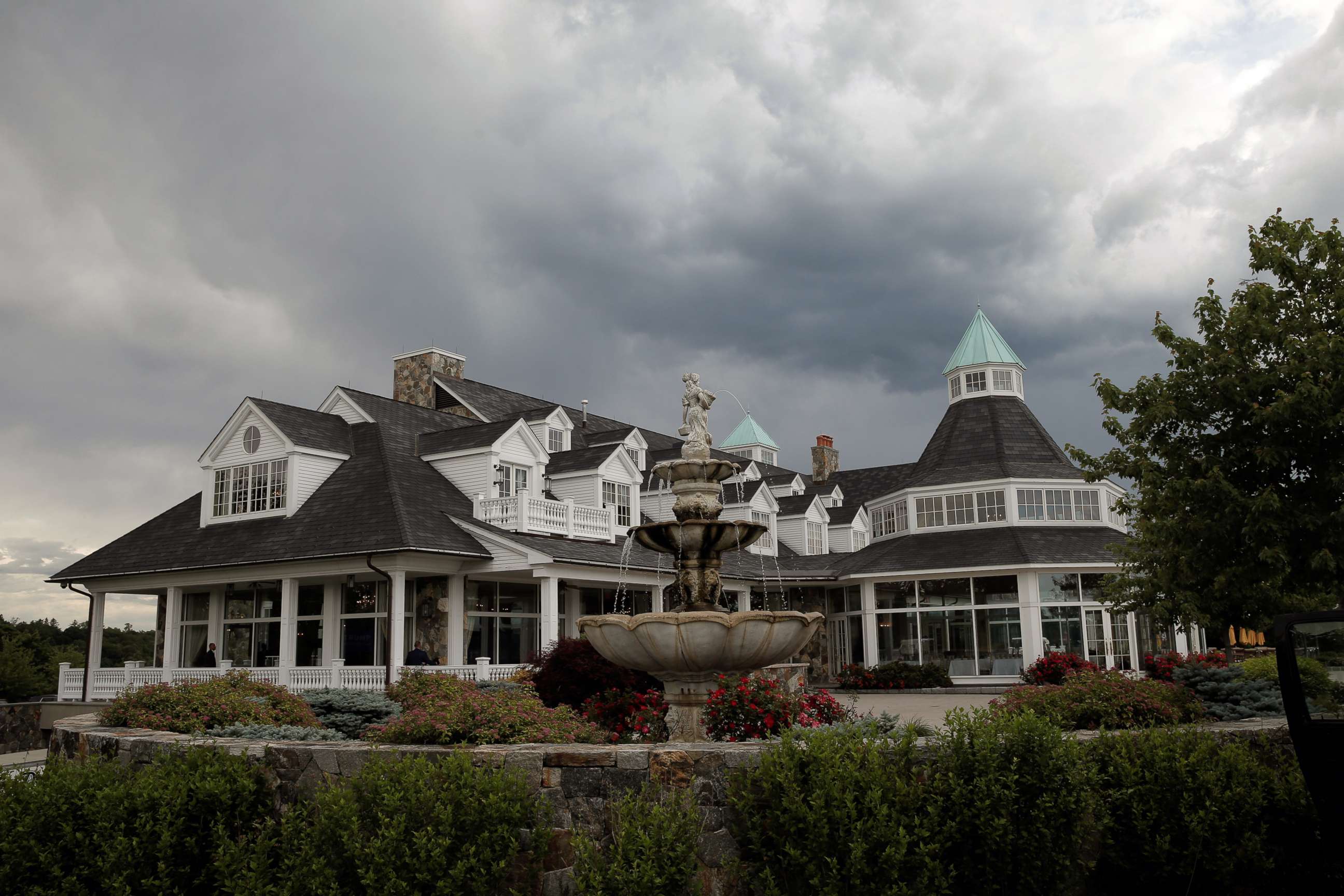Statements appear to ignore appraisals of undeveloped lots
Cushman & Wakefield executive David McArdle, who was hired to appraise the value of 71 undeveloped residential units at the Trump National Golf Club in Westchester County, New York, testified that he also conducted multiple appraisals for conservation easements at the property in 2014 and 2015.
Signing a conservation easement would allow the Trump Organization to give up their development rights and treat the difference in property value as a charitable donation, according to the New York attorney general.
By giving up the right to develop the 71 residential units, McArdle found that the donation was worth $43 million, according to an April 2014 appraisal. A later appraisal McArdle conducted in 2015 landed on a similar valuation of $45.2 million.
But Trump's financial statements from those years appear to ignore the appraisals, valuing the land from the undeveloped units at $101 million, according to documents entered into evidence.
"Based on the supporting data, the only source for the increase in the number of units and profit per unit were telephone conversations with Eric Trump," the New York attorney general alleged in her complaint.
McArdle also testified that he was consulted to appraise Seven Springs, a New York estate Trump purchased for $7.5 million in 1995.
To value the property, which could be subdivided into 24 to 26 residential lots, McArdle testified that he toured the site, consulted a local expert, and spoke with Eric Trump on multiple occasions.
"He had a very high opinion of the property, which didn't surprise me," McArdle said.
His appraisal ultimately determined the total value for the lots in 2014 was $30-$50 million, McArdle said.
But the New York attorney general alleges that appraisal was ignored in Trump's 2014 financial statement, in favor of a "false and misleading" value of $161 million for a portion of the undeveloped lots.





